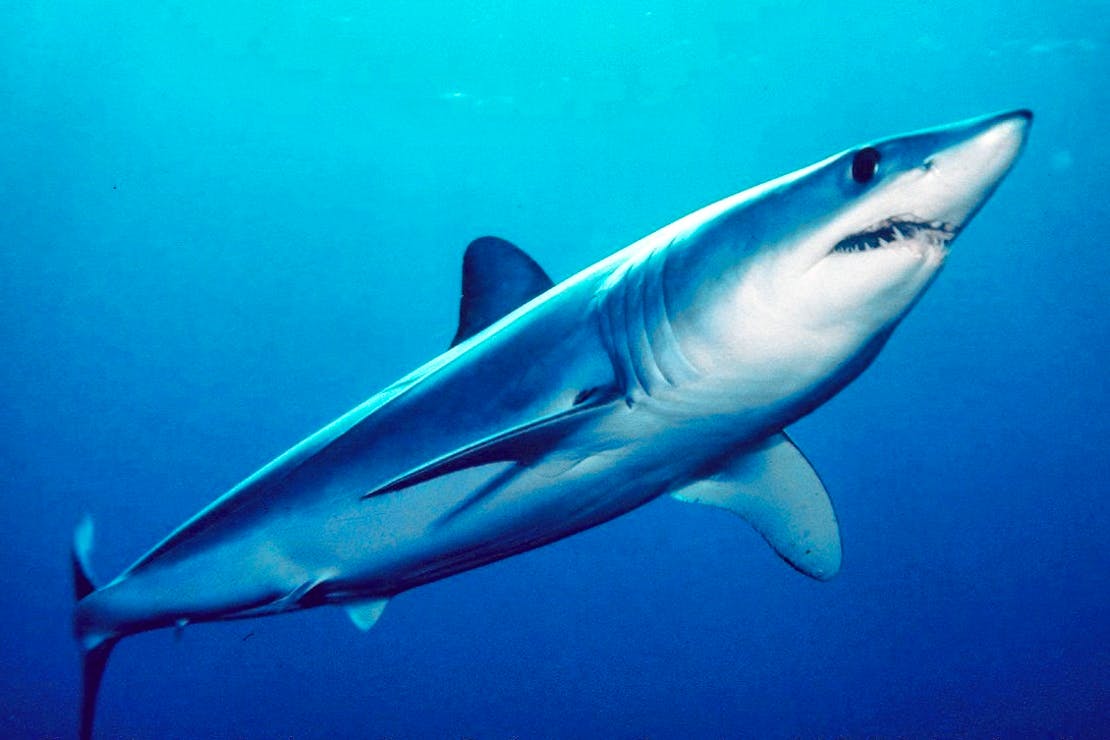Tweet“Too little, too late is not how we want to remember regional conservation efforts for the fastest shark in the North Atlantic. The discussions during Wednesday’s meeting did not reflect the sense of urgency delegates should be feeling. We need to do everything we can to protect these sharks from going extinct.”
In a disappointing development, Wednesday’s International Commission for the Conservation of Atlantic Tunas (ICCAT) panel meeting failed yet again to advance negotiations that would provide shortfin mako sharks with the protection they need.
Conservationists hoped this panel meeting would reveal that ICCAT countries were seriously considering adopting a complete retention ban on shortfin makos later this year. However, member countries including the United States and European Union decided not to support the measure, preferring instead to negotiate on a less protective approach to mako conservation.
“Too little, too late is not how we want to remember regional conservation efforts for the fastest shark in the North Atlantic,” said Alejandra Goyenechea, senior international counsel for Defenders of Wildlife. “The discussions during Wednesday’s meeting did not reflect the sense of urgency delegates should be feeling. We need to do everything we can to protect these sharks from going extinct.”
More than 50 countries are members of ICCAT, which is responsible for the management of Atlantic tuna, as well as bycatch species like sharks. Of these members, 18 were represented at the panel meeting.
Targeted for decades by commercial and sport fishermen and indirectly caught as bycatch, the majority of juvenile shortfin mako sharks have been depleted in the North Atlantic. Because of their slow breeding cycle, the damage to their population may result in an irreversible decline if decisive action is not taken soon.
Since 2017, the scientific committee for ICCAT has repeatedly recommended the adoption of a retention ban, but not enough countries have demonstrated a willingness to follow that advice.
“To adequately address the global biodiversity crisis, science has to lead the way,” said Goyenechea. “That’s why we will continue to advocate for the delegates to adopt the complete ban on retention that scientists say is needed to protect the shortfin mako.”
There is still a chance ICCAT will consider a retention ban if consensus cannot be reached on lesser protections at the annual meeting in November. Defenders of Wildlife will continue to work with member countries to change course, support the ban and protect the sharks in advance of that meeting.
For over 75 years, Defenders of Wildlife has remained dedicated to protecting all native animals and plants in their natural communities. With a nationwide network of nearly 2.1 million members and supporters, Defenders of Wildlife is a leading advocate for innovative solutions to safeguard our wildlife for generations to come. To learn more, please visit https://defenders.org/newsroom or follow us on X @Defenders.
News

Defenders Receives Advocacy Organization of the Year Award





